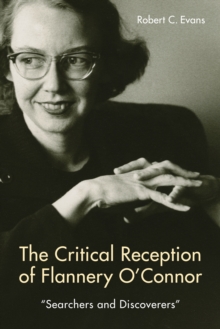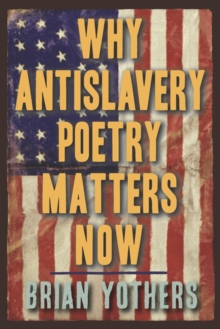
The Multiple Worlds of Pynchon's <I>Mason & Dixon</I> : Eighteenth-Century Contexts, Postmodern Observations PDF
Edited by Elizabeth Jane Wall Hinds
Part of the Studies in American Literature and Culture series
Description
New essays examining the interface between 18th- and 20th-century culture both in Pynchon's novel and in the historical past.
Thomas Pynchon's 1997 novel Mason & Dixon marked a deep shift in Pynchon's career and in American letters in general. All of Pynchon's novels had been socially and politically aware, marked by social criticism and a profound questioning of American values. They have carried the labels of satire and black humor, and "Pynchonesque" has come to be associated with erudition, a playful style, anachronisms and puns -- and an interest in scientific theories, popular culture, paranoia, and the "military-industrial complex." In short, Pynchon's novels were the sine qua non of postmodernism; Mason & Dixon went further, using the same style, wit, and erudition to re-create an 18th century when "America" was being formed as both place and idea. Pynchon's focus on the creation of the Mason-Dixon Line and the governmental and scientific entities responsible for it makes a clearer statement than any of his previous novels about the slavery and imperialism at the heart of the Enlightenment, as he levels a dark and hilarious critique at this America. This volume of new essays studies the interface between 18th- and 20th-century cultureboth in Pynchon's novel and in the historical past. It offers fresh thinking about Pynchon's work, as the contributors take up the linkages between the 18th and 20th centuries in studies that are as concerned with culture as withthe literary text itself.
Contributors: Mitchum Huehls, Brian Thill, Colin Clarke, Pedro Garcia-Caro, Dennis Lensing, Justin M. Scott Coe, Ian Copestake, Frank Palmeri.
Elizabeth Jane Wall Hinds is Professorand Chair of the English Department at SUNY Brockport.
Information
-
Download - Immediately Available
- Format:PDF
- Pages:232 pages
- Publisher:Boydell & Brewer Ltd
- Publication Date:01/11/2005
- Category:
- ISBN:9781571136688
Information
-
Download - Immediately Available
- Format:PDF
- Pages:232 pages
- Publisher:Boydell & Brewer Ltd
- Publication Date:01/11/2005
- Category:
- ISBN:9781571136688










